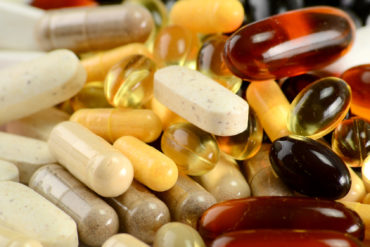New research has found that eating an egg a day could reduce your risk of stroke by as much as 12 per cent, as well as having no link to heart disease.
Existing data on approximately 300,000 people was analysed in the study, conducted by the EpidStat Institute in Michigan and DLW Consulting Services in Utah. They were investigating the relationship between egg consumption and coronary heart disease (CHD) and stroke.
The study found that there was no link between the consumption of eggs and the risk of CHD, but that eggs did influence stroke risk, reducing it by 12 per cent.
Eggs are high in cholesterol and were, for a period, considered to have a chance of raising your chances of developing heart disease. However, more recently research has found that the cholesterol level in food has a negligible impact on the cholesterol level in blood.
The report highlights that more does not equal better and thus, consuming a higher number of eggs per day is not likely to lower your risk by any higher level.
Doctor Dominik Alexander, principal investigator the study, said: “Eggs do have many positive nutritional attributes, including antioxidants, which have been shown to reduce oxidative stress and inflammation. They are also an excellent source of protein, which has been related to lower blood pressure.”
However, he acknowledged that more research was needed, with the NHS highlighting that the study failed to factor in the entire diets of the participants, so we do not know if they consumed eggs as part of a healthy or unhealthy diet. The NHS also stressed that people should not switch to an egg-only diet.
The study was published in the Journal of the American College of Nutrition.




